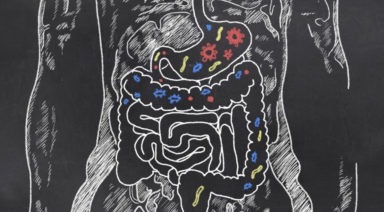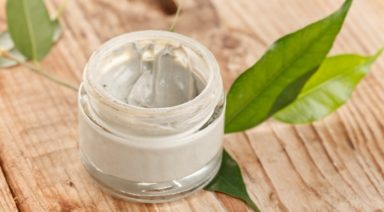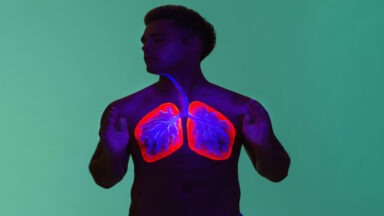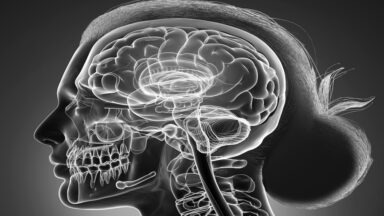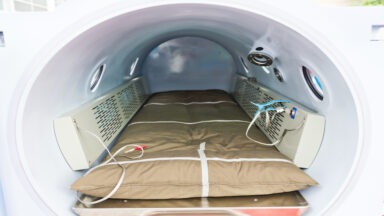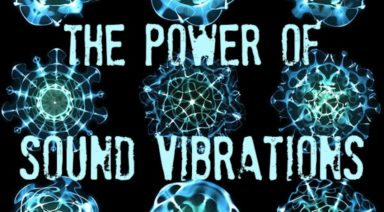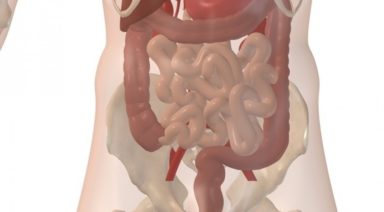Study Finds Anti-Inflammatory Meds Are Causing Chronic Pain

A groundbreaking new study suggests that commonly used anti-inflammatory drugs and steroids may cause pain to become chronic. Could this lead to a dramatic paradigm shift in how pain is managed and prevented?
For the vast majority of people in acute pain, taking an over-the-counter anti-inflammatory, such as ibuprofen is the usual course of action. Inflammation has, for decades, been seen as a cause of pain and its control, the goal of patients and doctors. A new study suggests, however, that inflammation may actually be necessary to prevent pain from becoming chronic.
Given today’s overwhelming prevalence of chronic pain — pain that persists for more than three months — scientists have lately been turning their focus to studying the process by which acute pain transitions into more lasting and debilitating pain.
Researchers at McGill University recently completed a study in which they observed this process, using several methods. First, they looked at patients with lower back and facial pain.
Upon analysis of their immune cell samples, the scientists were surprised to find that those whose pain resolved showed an intense spike in the activity of inflammatory genes during the acute pain stages, which then rapidly diminished within three months.
Researchers then conducted an animal study in which they treated mice with various pain medications. They found that those who received steroids or non-steroidal anti-inflammatories, eventually developed chronic pain, while those treated with other kinds of pain drugs, such as lidocaine, did not.
Finally, the team examined data from a large group of people and found that those who took anti-inflammatories had almost double the chance of developing chronic pain than those who took no drugs or other drugs that didn’t suppress inflammation.
The findings strongly suggest that our immune system’s natural inflammatory response may help the body resolve pain while taking drugs that suppress this natural process does just the opposite.
An important note is that researchers believe that most of the harm comes from the long-term use of these drugs. While some experts urge caution in this interpretation and are calling for further clinical study, many are heralding the findings as groundbreaking.
Dr. Thomas Buchheit of Duke University told the New York Times, “This is absolutely a paradigm shift, there is this unspoken rule: if it hurts, take an anti-inflammatory, and if it still hurts, put a steroid on it.” But, he said, “…we have to think of healing and not suppression of inflammation.”
Dr. Masimo Allegri, lead author of the study told the American Association for the Advancement of Science, “The biggest clinical implication is a complete reconsideration of both prevention strategies and treatments.”
While further research is forthcoming, this study does seem to provide convincing evidence of the body’s innate intelligence for healing, and the importance of allowing it to do so without interference.
Period Cravings Happen: PMS Friendly Foods to Eat and Why

We live in a world where the barometer for women’s health and what we consider “normal” is frequently based on how we compare to other people. This is especially true when it comes to menstrual symptoms such as period cravings. While these can comprise a broad range of symptoms, one of the more common concerns has to do with food.
Craving certain foods during one’s menstrual period is usually the body trying to tell you that you need something — usually nutrients to fuel your cells. Researcher Sara Twogood explained that PMS is linked to fluctuating estrogen levels, hormonal changes and how they affect “neurotransmitters,” or chemical messengers in the brain. These symptoms are related to the second half of the menstrual cycle, called the luteal phase, which starts with the egg at ovulation and ends when the menstrual period begins. PMS symptoms commonly resolve themselves around the third or fourth day of menstruation.
“Researchers have documented more than 150 different PMS symptoms in studies, ranging from physical to emotional to behavioral to cognitive. Food cravings are up there with the most commonly reported behavioral PMS symptoms, along with mood swings, irritability, anxiety and tension, and sad or depressed mood.”
One study involving more than a thousand college students showed that 97 percent of women and 68 percent of men reported commonly having food cravings. Not surprisingly, chocolate is the most frequently reported food craved, especially among women. Females tend to think that their food cravings constitute a negative behavior, and surprisingly, only 32 percent of women in the study perceived that their cravings were linked to menstrual cycles



